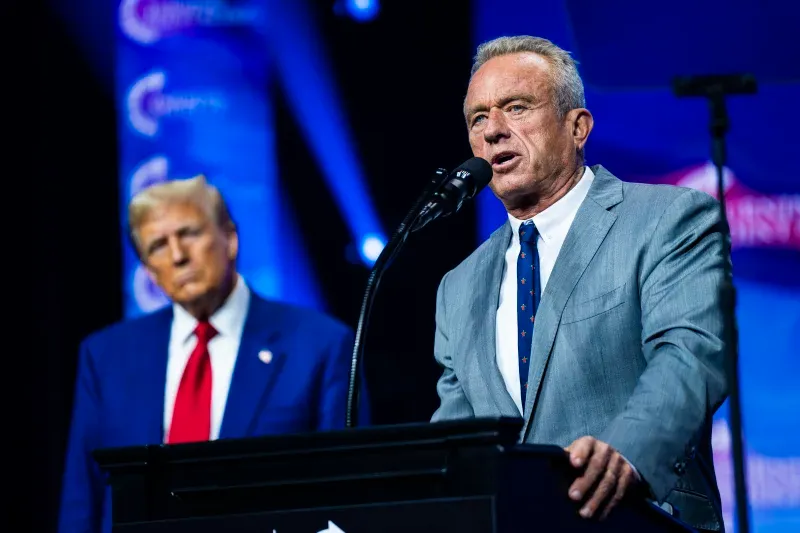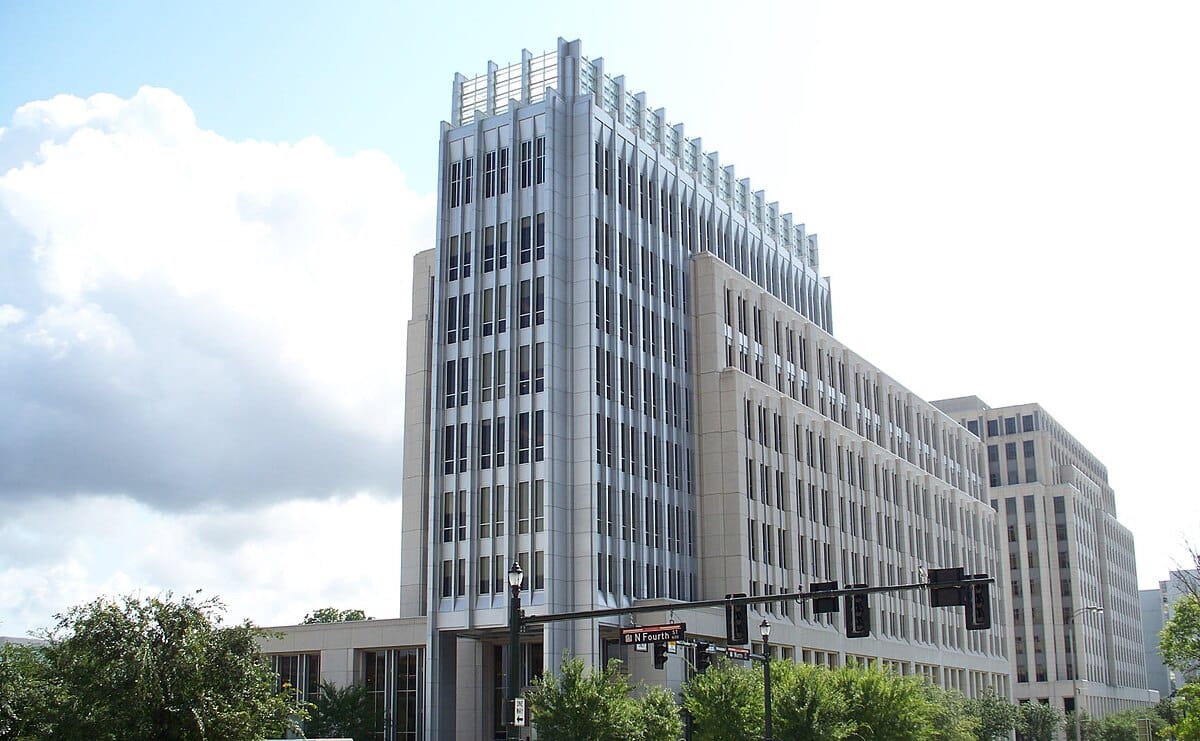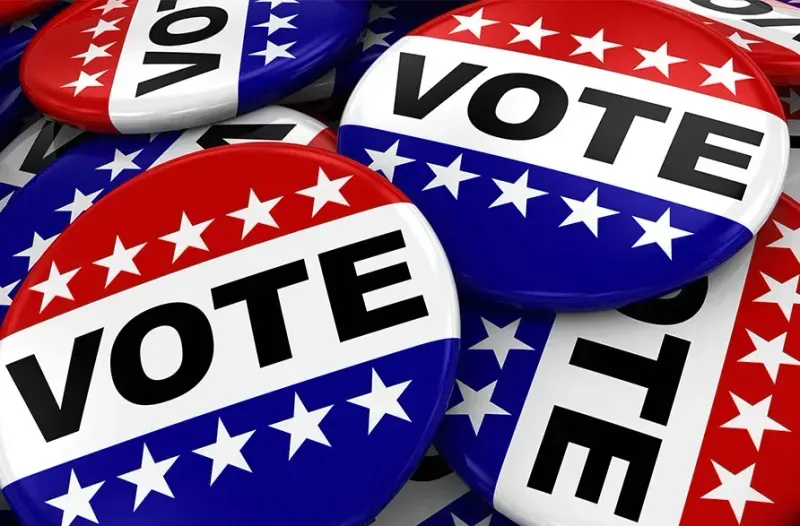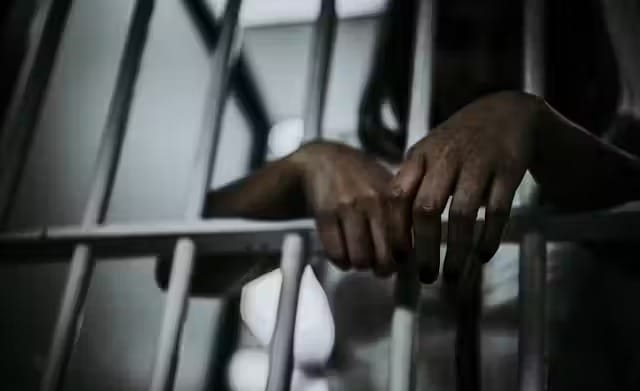Louisiana Health Department Alters Vaccine Promotion Strategy Amid Rising Concerns
State's shift in vaccine messaging comes as national political climate fuels vaccine skepticism
BATON ROUGE, La. — A new policy within the Louisiana Department of Health (LDH) has raised concerns among public health advocates, as the department quietly shifts its approach to vaccine promotion. The change, discussed in internal meetings in November, directs the department’s staff to cease all advertising, public outreach, and promotional activities related to COVID-19, flu, and mpox vaccines.
Traditionally, promoting vaccines through community events, press releases, and social media posts has been a key part of Louisiana’s public health strategy. However, at a Nov. 14 meeting, high-level department managers were informed by officials that these efforts must stop. The policy, which has not been put in writing, applies to all aspects of the department’s work. Staff were told they could no longer send out vaccine-related press releases, conduct interviews, host vaccine events, or share information about vaccine availability at department clinics.
This new direction has sparked alarm, particularly as Louisiana faces some of the highest flu and respiratory virus activity in the nation. Several employees, speaking anonymously for fear of retaliation, confirmed that the policy was introduced quietly and without public discussion. The change also aligns with a broader shift in the department’s focus on other public health priorities, such as reducing overdose deaths and addressing maternal mortality.
Despite the change, the department maintains that individuals are still encouraged to make informed decisions about vaccines in consultation with their healthcare providers.
“In general, the department is shifting to a more informative approach aimed at enabling individuals, in consultation with their doctor, to make better decisions for themselves,” an LDH spokesperson said in a statement.

The move comes at a time when political figures, including anti-vaccine activist Robert F. Kennedy Jr., have gained attention for promoting vaccine skepticism. Kennedy, who has publicly questioned the safety of COVID-19 vaccines, has been nominated by President-elect Donald Trump to lead the U.S. Department of Health and Human Services.
This national political shift has added to concerns about the future of vaccine policy in the U.S. and has contributed to the uncertainty felt within the state. In Louisiana, the department’s move to limit vaccine promotion has raised alarms about rising disease rates. Organizations like Families Fighting Flu have expressed worry that this shift could result in more flu-related illnesses and deaths.
“Muzzling public health officials is a dangerous precedent, not just for the flu, COVID, and Mpox vaccines but for all immunizations,” said a representative from Families Fighting Flu. “A culture that bans discussion or promotion of the flu vaccine means more people will join our members as cases and deaths from the flu inevitably rise in Louisiana.”
Jennifer Herricks, founder of Louisiana Families for Vaccines, noted that many families depend on the local health department for access to flu vaccines, and the new policy may leave some vulnerable.
“For a lot of families, they depend on that local health department for their annual flu vaccines,” Herricks said. “We’re surrounded by people who depend on our community for immunity, and vaccines are the way to make that happen.”
While the policy change has garnered significant criticism, LDH insists that its stance on childhood vaccinations remains unchanged. The department also emphasizes that it will continue to focus on health issues that became pressing during the pandemic, such as reducing overdose deaths and maternal mortality.
“The department has been very transparent about its shift to other public health priorities, like reducing overdose deaths, maternal mortality, and the burden of chronic disease in the coming years — health issues that were often deprioritized during the pandemic,” LDH stated.
Still, the quiet implementation of this new policy has left many wondering how the lack of public vaccine promotion will impact the state’s ongoing battle against infectious diseases.







